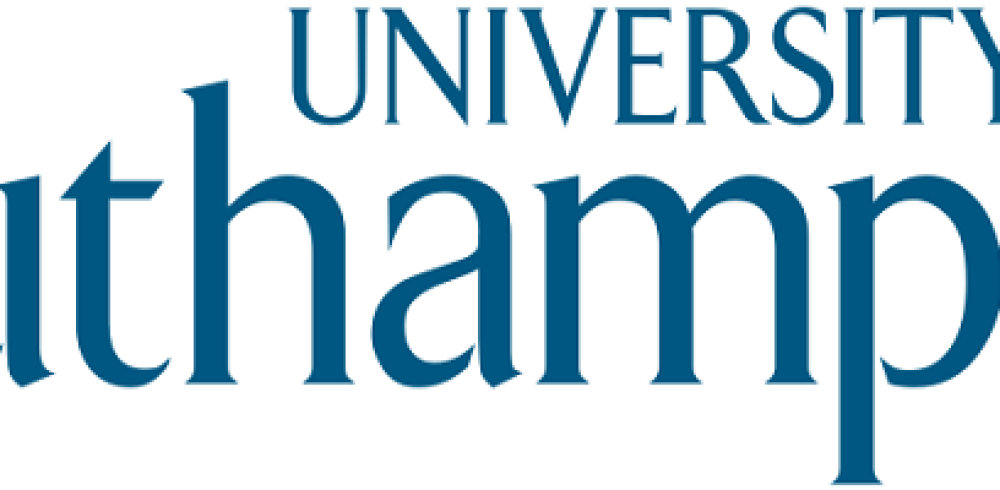The Engineering and Physical Sciences Research Council (EPSRC) has awarded funding into a number of pioneering research projects at the University of Southampton as part of their investment into the future creativity and competitiveness of the UK economy.
Five out of the 28 successful projects confirmed as part of the EPSRCâs Engineering for a Prosperous Nation belonged to Southampton. Worth over £1 million in total, the projects were conducted by five researchers.
Dr Sumeet Mahajan proposed a project that will deliver an innovative imaging system for IVF Clinics that will yield a transformative advance in the identification of viable eggs, embryos, and sperm. âEngineering Novel Imaging Technologies for Reproductive Health: Transforming IVF Outcomesâ aims to increase conception rates and reduce the repeat cycles of expensive IVF treatment.
Professor Thomas Polcar and âRenaissance of Alloys: Nanocrystalline Bimetalsâ will change the alloy design and identify, prepare, and validate a novel class of nanostructured alloys for engineering. If it proves successful, the project could open a new design route to fabricate alloys with thermal stability and unique strength which will allow an increase in temperature, particularly in jet engines, leading to a dramatic reduction of fuel consumption.
Dr Mohammad Mehdi Kashani conducted the âSPINE: Resilience-based Design of Biologically Inspired Columns for Next-Generation Accelerated Bridge Constructionâ research that looks into a new resilience-based bridge design and construction, inspired by the mechanics of the human spine.
Dr Matt Himsworth aims to made gravity gradiometry more common and widespread, particularly in civil engineering, to enable the discovery of utilities without exploratory digging, locate unrecorded mineshafts and sinkholes, or complement general surveys for assessing ground stability, though his âPLAIN-GG: Phase-Locked Atomic Interferometers for Gravity Gradiometryâ project.
The last project that benefits from the funding is âiSeat: Towards an Intelligent Driver Seat for Autonomous Carsâ proposed by Dr Bani Anvari, which looks into a new interface design for semi-autonomous cars, iSeat, an intelligent driver seat acting as a co-pilot measuring the current mental and physical engagement of the driver and allowing safe, coordinated and timely transitions between different levels of autonomy.
Engineers are creators, innovators and problem solvers; their pioneering work creates a better future for us all, said EPSRC Chief Executive, Professor Philip Nelson. EPSRC continues to invest in this vision by supporting the engineers of tomorrow, and the projects announced today are testament to our firm belief that novel, transformative research will help to make the UK a more prosperous nation.













